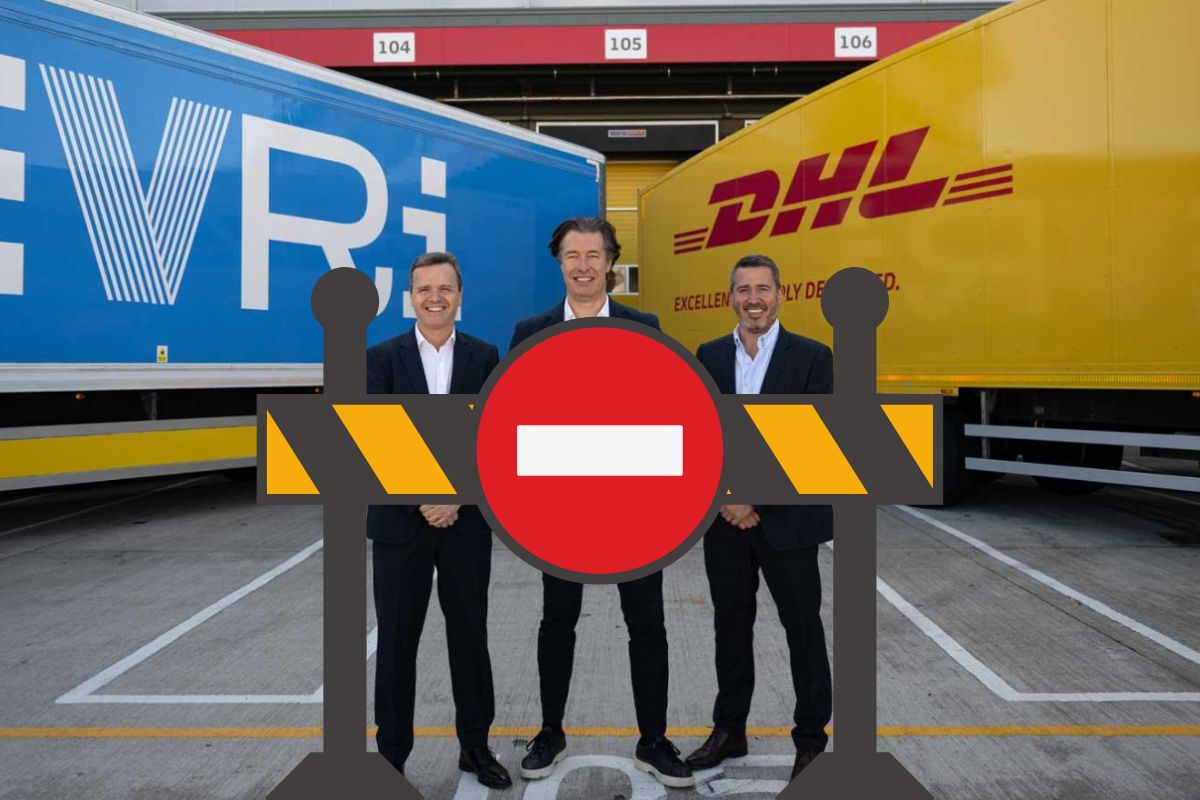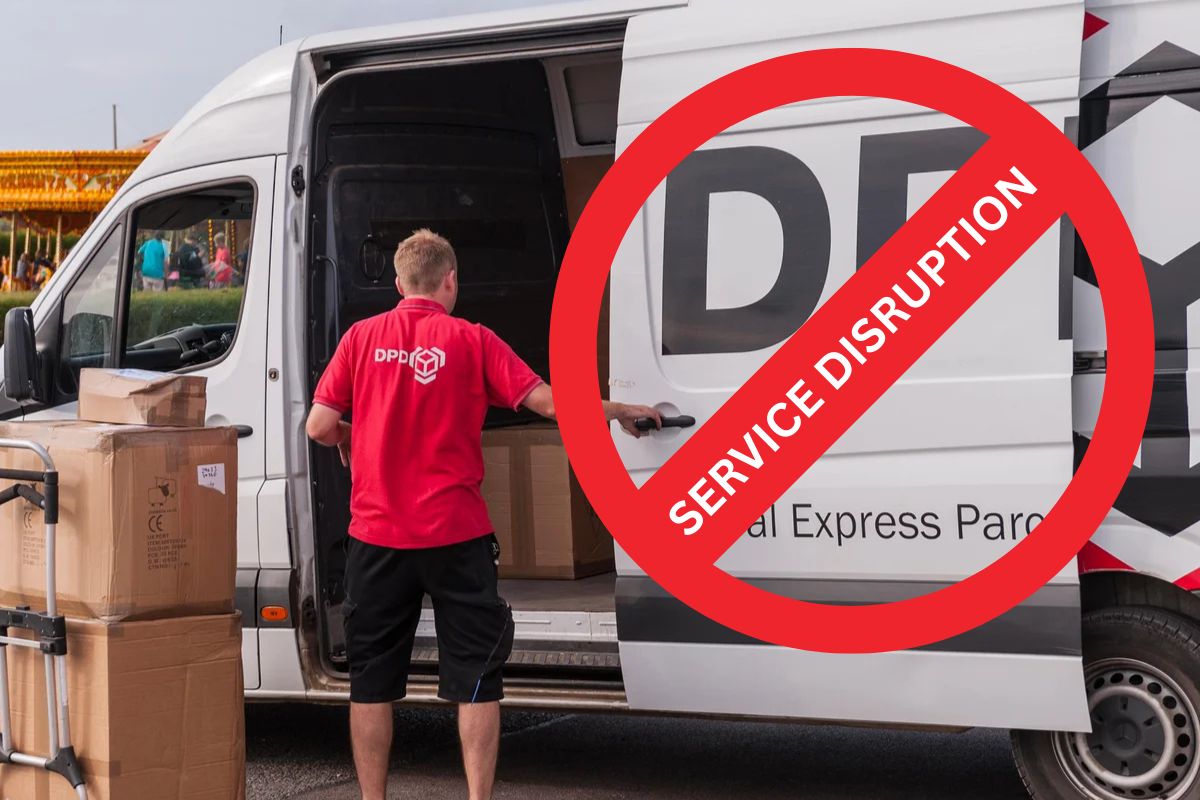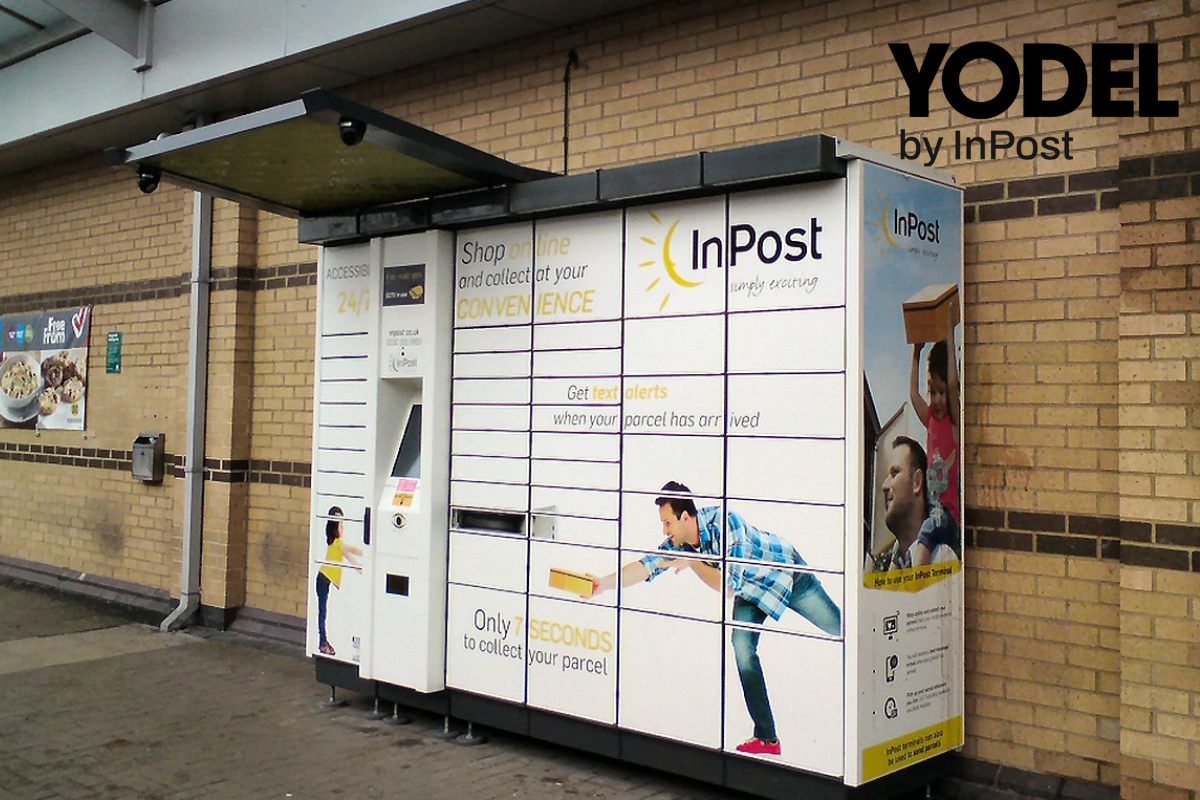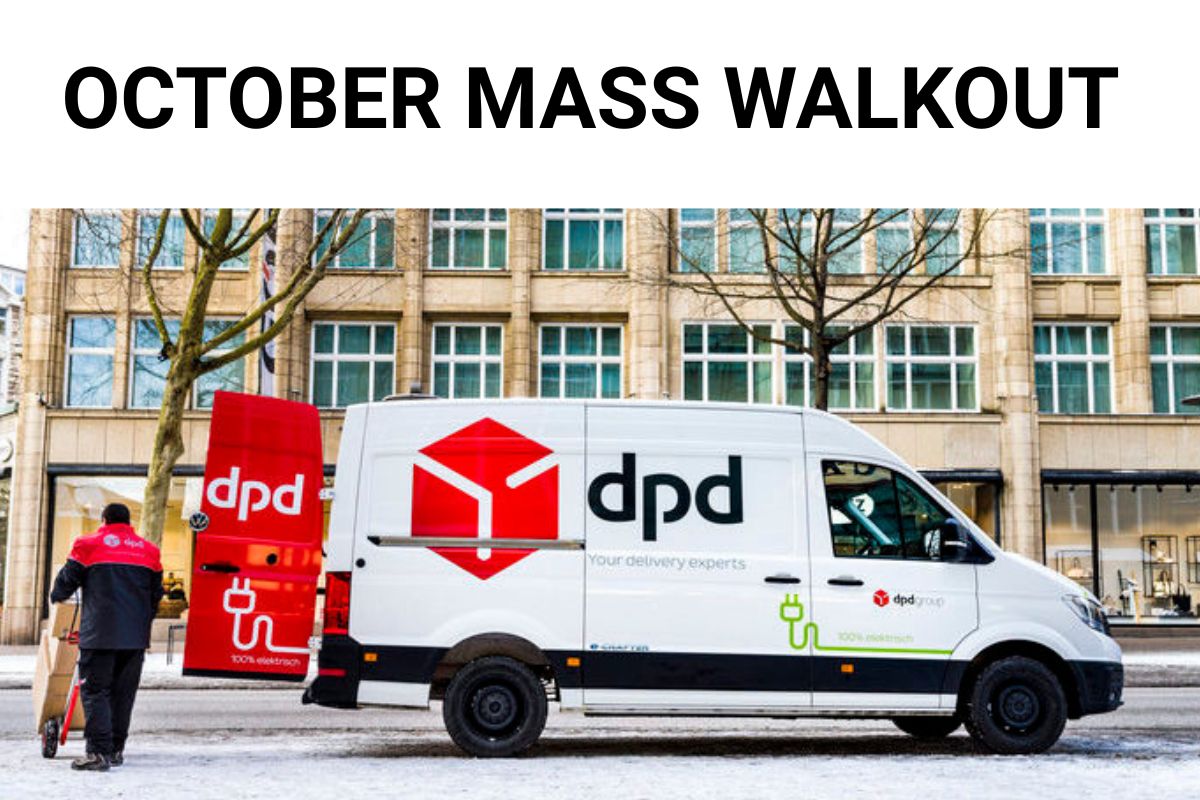The Competition and Markets Authority formal investigation into Evri’s proposed merger with DHL’s UK e-commerce business is coming to a close, with sources close to the investigation relaying serious questions about whether the deal will actually make it across the finish line.
The CMA launched an investigation back in June to examine whether the merger would “substantially lessen competition” in the UK parcel delivery market – regulatory speak for “we’re worried this might be bad news for consumers.”
Given that the combined entity would control over 1 billion parcels and 1 billion business letters annually, with more than 30,000 couriers and van drivers under one umbrella, it’s hardly surprising that the competition watchdog has raised an eyebrow.
The Numbers That Have Got the CMA’s Attention
According to Transport Intelligence estimates, the merged company would command a 10.3% share of the UK parcels market – a significant chunk that would make it one of the biggest players in British deliveries.
When you consider that the UK is the world’s third-largest market for online commerce behind only the US and China, control over such a substantial portion of the delivery infrastructure starts to look rather important indeed.
The CMA has particular concerns about whether this level of consolidation could weaken competition, especially in business-to-consumer deliveries and network access for smaller carriers.
Translation: they’re worried about what happens when there are fewer big players controlling who gets your parcels and how much it costs.
A Pattern of Consolidation Under Scrutiny
This investigation comes against a backdrop of unprecedented consolidation in the UK delivery sector.
Czech billionaire Daniel Křetínský’s £3.6 billion takeover of Royal Mail recently completed, while InPost’s £106 million acquisition of Yodel remains on hold pending legal challenges.
The CMA’s decision to investigate the Evri-DHL deal suggests regulators are increasingly concerned about the pace of consolidation in a market that’s become absolutely crucial to how Britain shops and does business.
As we’ve previously covered, the proposed Evri-DHL merger would see DHL’s e-commerce business rebranded as “Evri Premium” while DHL Group takes a “significant minority stake” in the company that’s become somewhat notorious for its customer service issues.
The Consultation Process and What Comes Next
The CMA has already concluded a consultation period that ran until the end of June that gathered comments from “interested parties” – which presumably included anyone who’s ever had a parcel mysteriously vanish into Evri’s delivery network.
Following this consultation, the investigation has now moved into its first phase, with a preliminary decision expected by late September.
If the CMA identifies serious competition concerns, the merger could face a more detailed Phase 2 investigation that would significantly delay or potentially block the deal entirely.
This timeline creates an interesting predicament for Evri, which announced plans to hire 5,000 new couriers to handle the increased business from the merger.
With the CMA’s investigation now underway, those recruitment plans might prove premature if the deal doesn’t get regulatory approval.
Competition Concerns in a Consolidating Market
The investigation highlights broader concerns about competition in the UK delivery market.
Citizens Advice polling consistently ranks Evri and Yodel as the worst-performing companies for delivery problems, customer service, and trust, while Royal Mail and Amazon typically score highest with customers.
The irony isn’t lost that as the delivery market consolidates, customers are potentially left with fewer alternatives to companies that already struggle with basic service standards.
The CMA’s investigation will likely focus on whether reducing the number of major players will make these problems worse rather than better.
DHL’s reputation for reliability could theoretically improve Evri’s service standards, but regulators will be more concerned about what happens to prices and service quality when there are fewer companies competing for business.
The merger also raises questions about market access for smaller retailers and carriers who rely on competitive pricing from multiple delivery options.
With fewer major players, there’s genuine concern that pricing power could shift away from consumers and businesses that depend on delivery services.
The Regulatory Reality Check
While Evri and DHL have painted their merger as creating “the pre-eminent parcel delivery group in the UK,” the CMA’s investigation suggests regulators aren’t buying the hype without serious scrutiny.
The competition watchdog has shown increasing willingness to challenge consolidation in consumer-facing sectors, and the delivery market’s importance to the UK economy means any deal that significantly changes the competitive landscape will face thorough examination.
For now, the fate of Britain’s most complained-about courier company’s bid to become an even bigger player remains in the hands of regulators who’ll decide whether this merger serves the public interest or simply creates a larger company with the same fundamental problems.
Search for more information on essential services and delivery companies in our couriers section or check our retailer guides to see which delivery companies your favourite shops are using.




